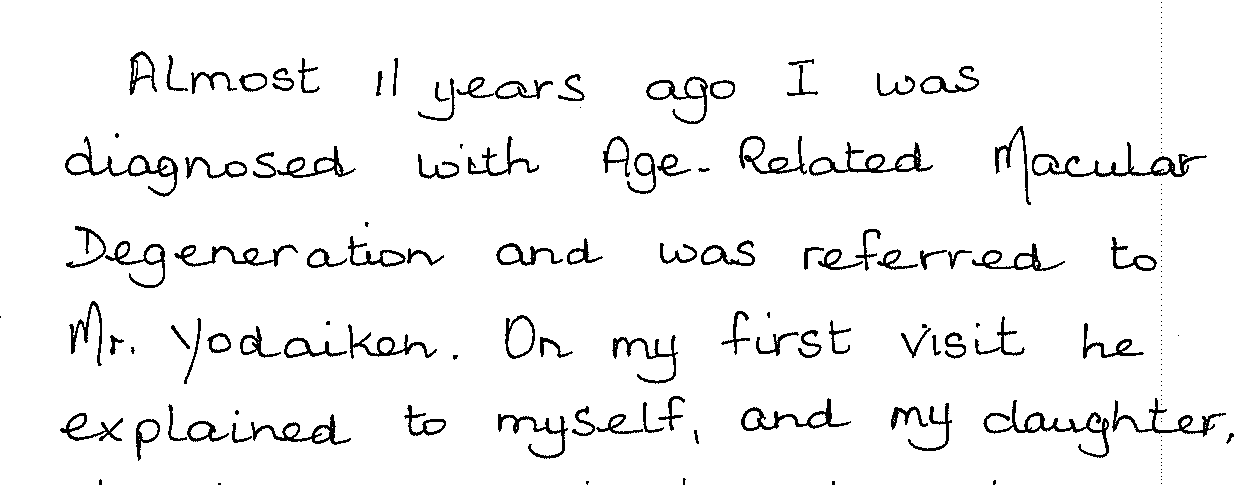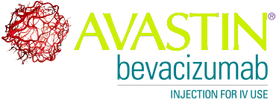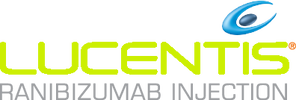DRY ARMD
Protect Your Vision – Act Now Before It’s Too Late
Dry ARMD doesn’t have to mean losing your vision.
Advances in eye care now allow us to actively support and protect your eyesight before significant damage occurs. With Eye-Light Photobiomodulation Therapy (PBT), you can actively protect your eyesight and slow down its progression. This clinically proven, non-invasive treatment works at the cellular level to reduce retinal stress and improve visual function.
The Key to Success? Acting Fast.
The longer you wait, the more damage occurs. Timely treatment can make all the difference.
EYE-LIGHT PBT
The Eye-Light device works using photobiomodulation.
What is Photobiomodulation.
Photobiomodulation therapy with LM™ LLLT is a unique and completely non-invasive form of near-infrared light therapy (NILT). It was originally employed by NASA to treat wounds of astronauts in space.
LM™ LLLT has nothing to do with Red Light Therapy (RLT), which only acts on the surface of the skin—instead, LM™ LLLT uses powerful LEDS to stimulate ATP (adenosine triphosphate) in cells. ATP is a cell’s source of energy, responsible for cellular function.
Light Modulation™ Low-level Light Therapy can be leveraged employing different light frequencies—each with its own unique benefits and use cases.
What is the evidence for this treatment?
The LightWave I Clinical Trial found LM LLT photobiomodulation to be both safe and effective.
The results showed an improvement in visual acuity after four months, with a higher proportion in the treatment group achieving a gain of five or more letters post-treatment.
There were also fewer drusen in treated patients.
How does it work?
Treatment for dry age-related macular degeneration uses a combination of yellow light (590 nm wavelength) and red light (630 nm wavelength).
These wavelengths have multiple beneficial effects on the retina, including:
Preventing the formation of blood vessels that contribute to the development of wet ARMD (by inhibiting expression of vascular endothelial growth factor (VEGF)),
Reducing damage from oxidative stress – an imbalance between production and accumulation of certain molecules in cells – and increasing local oxygen delivery,
Restoring mitochondrial function and increasing the production of ATP (a cell’s source of energy),
Reducing and draining oedema (fluid in the tissues)
Restoring mitochondrial function and increases in metabolic activity (i.e. energy production),
Inhibiting inflammatory events and cell death.
What is the treatment protocol?
Each treatment session takes twelve minutes.
Yellow Light treatment: Five minutes continuous light (with eyes closed) and one minute pulsed light (with eyes open)
Red Light treatment: Five minutes continuous light (with eyes closed) and one minute pulsed light (with eyes open)
The overall treatment consists of:
An initial loading cycle of eight sessions – two sessions a week for four weeks.
A maintenance cycle of six sessions every 6-9 months.
What are the costs of the treatment?
First consultation – £295
OCT scan – £150
Eye Light initial cycle (8 sessions) – £1800
Follow-up consultation – £200
Follow-up OCT – £100
Eye Light maintenance cycle (6 sessions) – £1200
“The clinic where we care about you as well as for you.”
We Have What You Need
Expertise
Highly experienced consultant ophthalmologist specialising in medical retina.
PERSONAL CARE
The same doctor every time for continuity of care and a good patient doctor relationship.
CLOSE MONITORING
Monthly reviews and regular OCT scanning for early identification of disease progression.
THE LATEST TREATMENTS
Access to new treatments currently in development as soon as they are available.
– KK





